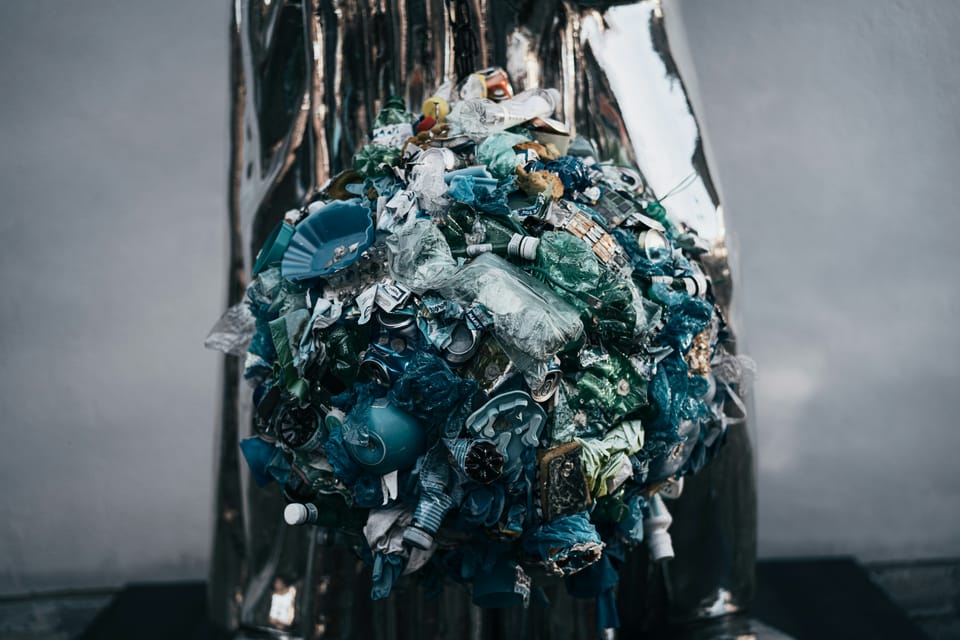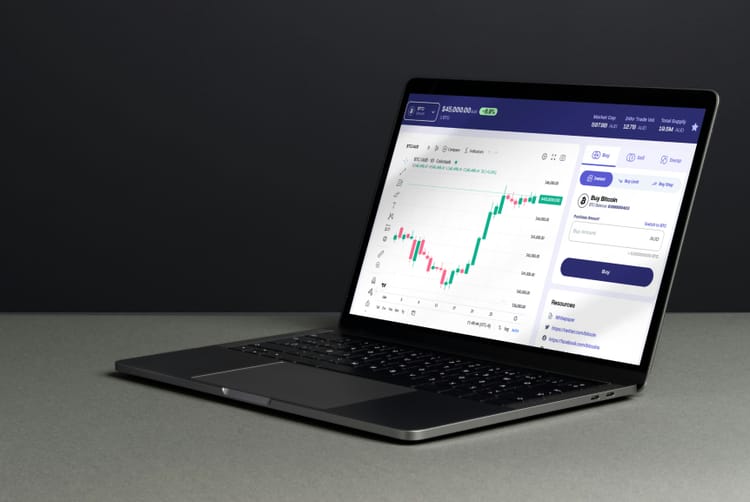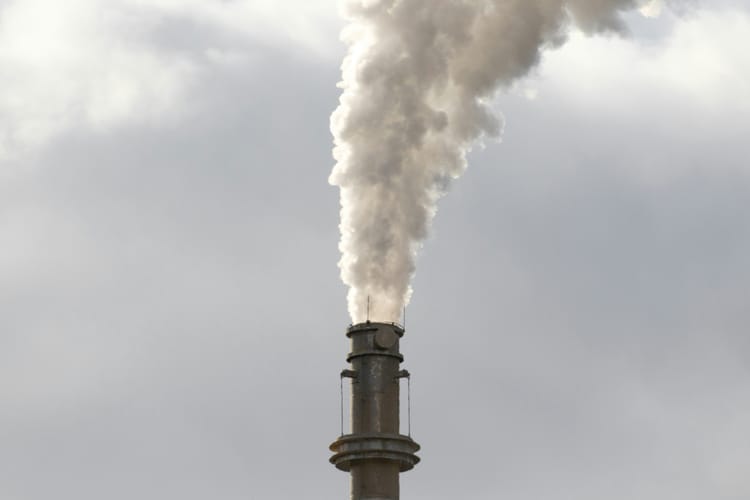US$21mn public-private alliance launched to ‘tackle plastic waste’

Unilever, USAID and EY have invested US$21 million into a public-private alliance to scale solutions to reduce plastic use and tackle plastic waste.
The CIRCLE Alliance, which will be the flagship initiative under USAID's Save Our Seas programme to combat ocean plastic pollution, aims to support entrepreneurs and small businesses across the plastics value chain and build a circular plastic economy.
With an initial investment of US$21 million, the organisation also intends to protect the environment and improve livelihoods – especially women’s, since according to CIRCLE, they make up the majority of waste collectors in the Global South.
It will focus first on Indonesia, Vietnam and the Philippines but hopes to expand by bringing in new organisations and additional funds.
The initiative was launched last week by USAID Administrator Samantha Power, Unilever Chief Sustainability Officer Rebecca Marmot, and EY Global Vice Chair of Sustainability Amy Brachio.
Plastic waste – and those who collect it
The UN Environment Programme (UNEP) estimates that 11 million tonnes of plastics enter the ocean every year – and expects this number to triple over the next 20 years if no drastic action is taken.
Despite a number of corporate commitments to reduce plastic use, most companies have continued to increase it: in fact, six of the nine firms committed to reducing plastic use through WWF’s ReSource: Plastic initiative have reported increases in plastic tonnage.
Currently, less than 10% of plastic is recycled worldwide, but where circularity is improving, much of it is owed to informal workers. According to non-profit The Circulate Initiative, 20 million waste workers contribute to nearly 60% of global recycling efforts.
The organisation has launched a Harmonised Responsible Sourcing Framework for Recycled Plastics to help buyers of recycled plastics mitigate human rights risks such as inadequate pay, child labour, and health risks within this largely informal supply chain.
“Adopting responsible supply chain practices is an ethical, legal, and commercial imperative for any business operating today. We are calling on global brands to adopt the Responsible Sourcing Framework, which signifies our collective commitment to improving the lives of informal waste sector workers and waste pickers, complying with international regulations, and reducing administrative burden. Together, we can create a more just future for the informal waste sector workers and waste pickers” said Annerieke Douma, Director of Programmes at The Circulate Initiative.
While the CIRCLE Initiative talks about improving livelihoods, it makes no mention of informal workers, focusing instead on small businesses in the plastics recycling sector.







Member discussion